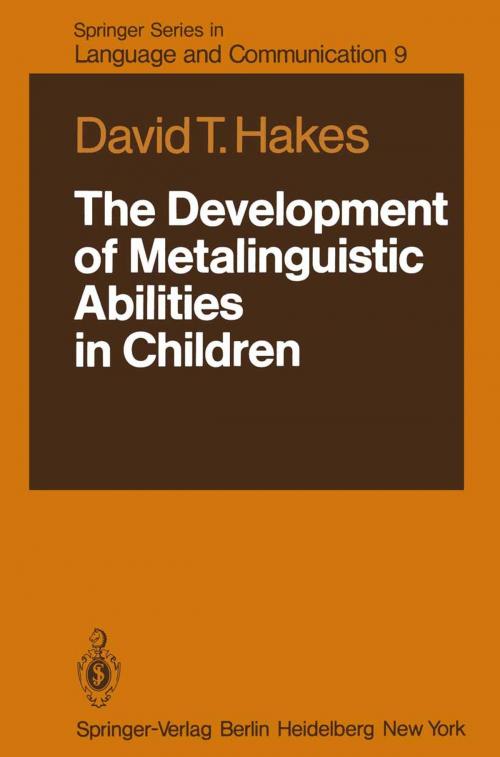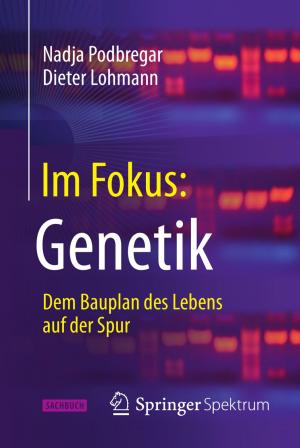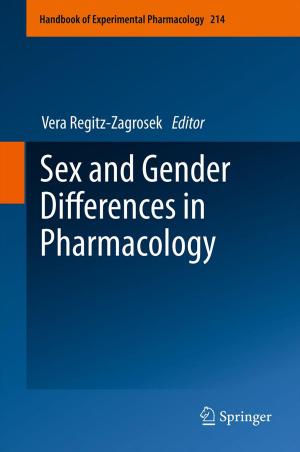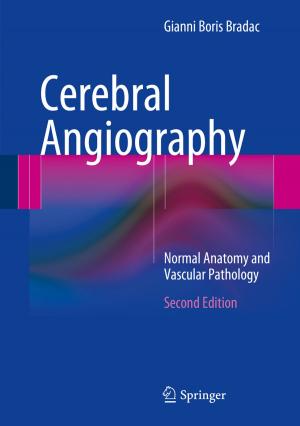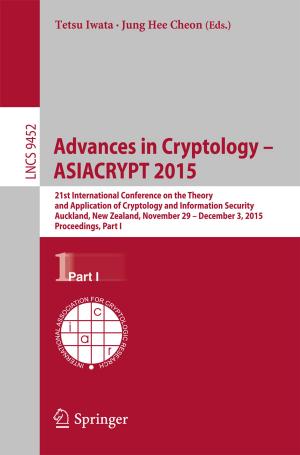| Author: | William Tunmer, David T. Hakes, Judith S. Evans | ISBN: | 9783642677618 |
| Publisher: | Springer Berlin Heidelberg | Publication: | December 6, 2012 |
| Imprint: | Springer | Language: | English |
| Author: | William Tunmer, David T. Hakes, Judith S. Evans |
| ISBN: | 9783642677618 |
| Publisher: | Springer Berlin Heidelberg |
| Publication: | December 6, 2012 |
| Imprint: | Springer |
| Language: | English |
Not very many years ago, it was common for language researchers and theorists to argue that language development was somehow special and separate from other aspects of development. It was a period when the "1 ittle 1 inguist" view of language development was common, and much discussion was devoted to develop mental "linguistic universals," in contrast to more broadly defined cognitive universals. It seemed to me at the time (and still does) that such views reflected more their promulgators' ignorance of those aspects of cognitive development most likely to provide illuminating parallels with language development than they did the true developmental state of affairs. Coming from a neo-Piagetian frame of reference, it seemed to me that there were striking parallels be tween the development of children's language comprehension abilities and the cognitive developmental changes occurring contemporaneously, largely during the period Piaget characterized as the preoperational stage. And, though more difficult to see even now, there appeared also to be developmentally earlier parallels during the sensory-motor stage.
Not very many years ago, it was common for language researchers and theorists to argue that language development was somehow special and separate from other aspects of development. It was a period when the "1 ittle 1 inguist" view of language development was common, and much discussion was devoted to develop mental "linguistic universals," in contrast to more broadly defined cognitive universals. It seemed to me at the time (and still does) that such views reflected more their promulgators' ignorance of those aspects of cognitive development most likely to provide illuminating parallels with language development than they did the true developmental state of affairs. Coming from a neo-Piagetian frame of reference, it seemed to me that there were striking parallels be tween the development of children's language comprehension abilities and the cognitive developmental changes occurring contemporaneously, largely during the period Piaget characterized as the preoperational stage. And, though more difficult to see even now, there appeared also to be developmentally earlier parallels during the sensory-motor stage.
